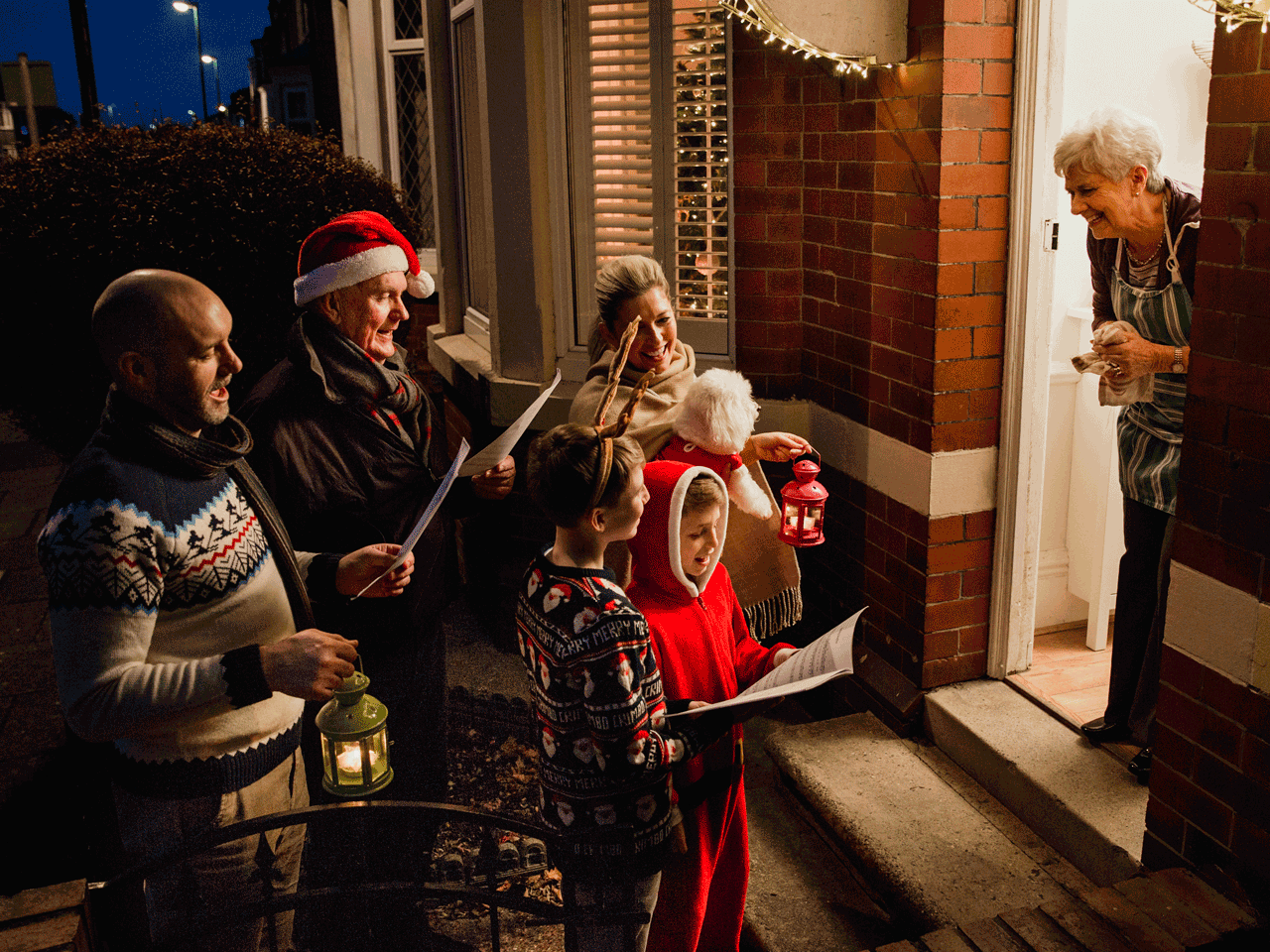
The holiday season is upon us, and Christmas is just around the corner. As we deck the halls, jingle our bells, and exchange gifts with loved ones, have you ever stopped to think about the origins of this festive holiday? The debate surrounding Christmas and its connection to pagan traditions has sparked intense discussion among historians, theologians, and enthusiasts alike. So, let's dive into the history books and uncover the truth behind Christmas: is it a pagan holiday, or does it have roots in Christian tradition?
The Early History of Christmas
To understand the origins of Christmas, we need to travel back in time to the 4th century. It was during this period that early Christians celebrated the Epiphany, which marked the baptism of Jesus Christ and the visit of the Magi. Over time, the celebration of Jesus' birth gained popularity, and by the 6th century, Christmas had become a widely observed holiday in the Western Roman Empire.
However, Christmas wasn't always on December 25th. In fact, the early Christian church celebrated the holiday on various dates, often coinciding with existing pagan festivals. The Roman festival of Saturnalia, which honored the god Saturn, took place from December 17th to 23rd, while the Germanic festival of Yule, celebrated the winter solstice.

Pagan Influences on Christmas
As Christianity spread throughout Europe, it encountered various pagan cultures and traditions. To facilitate the conversion process, early Christian missionaries often incorporated existing festivals and customs into the new faith. This syncretism allowed pagans to maintain some of their cultural heritage while adopting the Christian faith.
One of the most notable pagan influences on Christmas is the use of evergreen trees. In pre-Christian Europe, evergreen trees were seen as symbols of life and fertility during the harsh winter months. The ancient Germans, for example, would bring evergreen trees into their homes during the festival of Yule, decorating them with candles, fruits, and other ornaments.
Similarly, the tradition of exchanging gifts during Christmas has its roots in the Roman festival of Saturnalia. During this time, Romans would exchange gifts, often humorous or satirical in nature, as a way of mocking social norms and hierarchy.
The Role of Saint Nicholas
Another significant influence on Christmas is the legend of Saint Nicholas, a 4th-century bishop known for his generosity and kindness. Saint Nicholas' feast day, December 6th (or December 5th in some countries), became a time for gift-giving and charity in many European cultures.
In the Netherlands, for example, Saint Nicholas is known as "Sinterklaas," and is celebrated with parades, gift-giving, and sweet treats. The Dutch tradition of Sinterklaas has had a profound impact on the development of Christmas, with many of its customs and symbols being adopted into the holiday.

Christianizing Pagan Traditions
While it's clear that Christmas has been influenced by pagan traditions, it's essential to recognize that the early Christian church actively sought to Christianize these customs. By incorporating existing festivals and symbols into the Christian faith, missionaries aimed to create a sense of continuity and familiarity for new converts.
The use of holly, for example, was originally a pagan symbol of eternal life and fertility. However, early Christians adopted holly as a symbol of Christ's crown of thorns, transforming its meaning and significance.
Similarly, the tradition of singing Christmas carols has its roots in ancient pagan festivals. The early Christian church adapted these songs, incorporating Christian lyrics and themes to create a new form of worship.
The Evolution of Christmas
Over time, Christmas has continued to evolve, influenced by various cultural and social factors. The Victorian era, for example, saw a resurgence in Christmas celebrations, with the emphasis on family, gift-giving, and charity.
In the 20th century, Christmas became increasingly commercialized, with the rise of advertising and mass media. This has led to criticisms that Christmas has lost its spiritual significance, becoming instead a celebration of consumerism and materialism.

Conclusion: A Complex History
The origins of Christmas are complex and multifaceted, reflecting the dynamic and evolving nature of human culture. While it's true that Christmas has been influenced by pagan traditions, it's essential to recognize that the early Christian church actively sought to Christianize these customs, transforming their meaning and significance.
As we celebrate Christmas today, we're not simply observing a pagan holiday; we're participating in a rich and complex cultural heritage that reflects the best of human creativity, generosity, and spirituality.
Whether you're a devout Christian or simply someone who enjoys the festive season, Christmas offers a unique opportunity to connect with others, to give and receive, and to experience the magic of the holiday season.

Gallery of Christmas Traditions




What is the origin of the Christmas tree?
+The modern Christmas tree tradition is believed to have originated in 16th-century Germany, where evergreen trees were seen as symbols of life and fertility during the winter months.
Why do we exchange gifts during Christmas?
+The tradition of exchanging gifts during Christmas has its roots in the Roman festival of Saturnalia, where Romans would exchange gifts as a way of mocking social norms and hierarchy.
What is the significance of holly during Christmas?
+Holly was originally a pagan symbol of eternal life and fertility. However, early Christians adopted holly as a symbol of Christ's crown of thorns, transforming its meaning and significance.